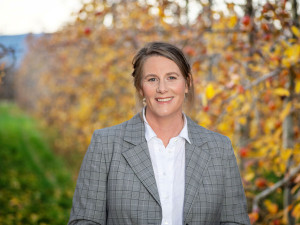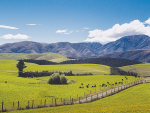Unfortunately, election campaigns nowadays seem to be dominated by the trivial and the banal – photo opportunities, engineered slogans and staged television debates – rather than any real contest of ideas.
This year has been no exception, with more airtime and newspaper space wasted on what may or may not have been said in a surreptitiously recorded conversion; than given to cover the different political parties' views on monetary policy, taxation and the economy – to name but a few.
It is hard to blame politicians from being clichéd and superficial when our fourth estate is even more clichéd and superficial.
Despite all the campaign sideshows, noise and fluff, this election is an important and one. Rural New Zealanders are increasingly becoming marginalised; as population dictates that politicians chase votes and the favour of urban communities.
However, the sector's vote should not be taken for granted or dismissed as unimportant.
While there are a myriad of political parties out there competing for our vote; the reality is that it comes down to a choice between a Government either led by Labour or National.
All the other parties – despite their claims – are just bit players. They are merely cling-ons who will only get a tiny part of their policies adopted if in coalition with one of the major parties.
Rural voters need to weigh up the policies of the two major parties and see how this will impact on the farming sector and New Zealand. Voting is not a perfect science, but a balancing act.
Labour's proposals to introduce a capital gains tax, an emission trading scheme and the reintroduction of union-based wage bargaining, along with harsher environmental regulations and more generous welfare benefits that will likely be part of its coalition deal the Greens seem a pretty tough sell in the country.
However, National doesn't have it easy with rural voters as well. While its less tax mantra and delay to introducing an ETS to agriculture are more welcome; its plans for partial privatisation of some state assets is not universally popular in either town or the country.
MMP also means taking into consideration potential coalitions and how different parties might work together. The party vote is the most important.
Rural voters should consider their electoral choices carefully and wisely – as previous generations have shed blood to afford us the privilege.















